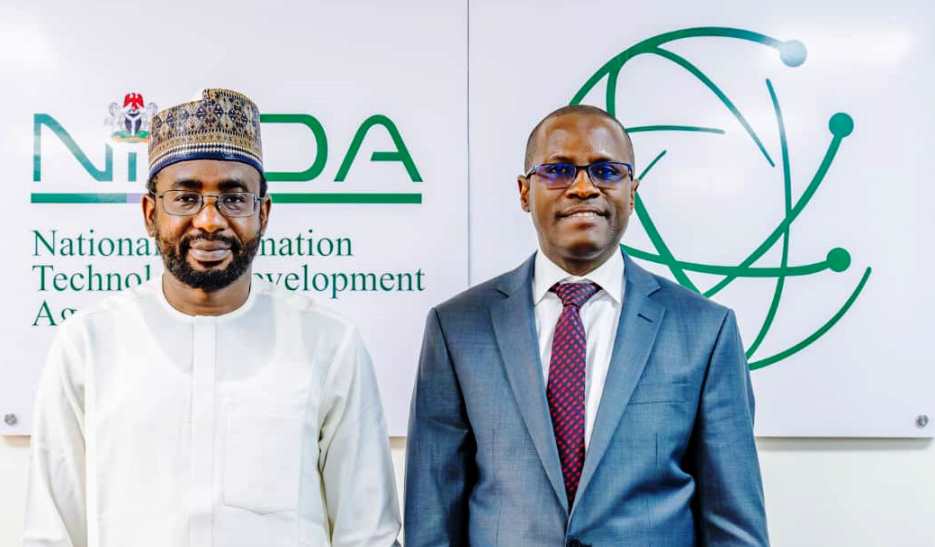October 1st, 2024, marked Nigeria’s 65th anniversary of independence—a day traditionally filled with colourful celebrations and national pride. This year, however, the Federal Government opted to cancel all major gatherings and festivities, prompting both curiosity and reflection among citizens. In lieu of large-scale ceremonies, President Bola Ahmed Tinubu delivered a nationwide broadcast, aiming to address the spirit and realities of Nigeria’s journey since 1960.
President Tinubu, known to many as “Uncle T-Pain,” utilized his address to reflect on the country’s achievements and challenges. However, reactions to his message were mixed. Many listeners, including community leaders and youth advocates, criticized the speech for what they described as a blend of selective truth, political spin, ambitious promises, and insufficient acknowledgment of the ordinary Nigerians who shaped the country’s history.
Who Were the True Heroes of Independence?
A substantial portion of President Tinubu’s address was dedicated to praising the “founding heroes and heroines” who led Nigeria to independence. However, some social commentators and historians believe the speech missed a critical nuance—recognizing the unsung everyday Nigerians who played pivotal roles but rarely receive national praise. According to Lagos-based historian Dr. Nneka Okoye, “Our narrative often centers on political elites, but many women traders, farmers, students, and labourers directly challenged colonial structures, risking their livelihoods and sometimes their lives.”
Accounts from the 1940s and 1950s detail how women in marketplaces extended credit and supplied affordable food to sustain workers during strikes. Similarly, students helped form the National Council of Nigeria and the Cameroons (NCNC) and organized demonstrations—actions that pressured colonial authorities and inspired nationalist leaders.
The passionate youth behind movements like the Zikist Movement called for radical actions against colonial rule, including boycotts and tax resistance. Labour unions, such as those led by Michael Imoudu, organized widespread strikes—most notably the 1945 General Strike, which lasted more than a month in various regions and fundamentally altered the colonial power dynamic.
Neglecting these groups, critics say, signals a recurring theme of class division and historical revisionism. “When we fail to recognize the masses’ contributions,” said trade unionist Ayo Balogun, “we perpetuate a narrative that progress belongs only to a privileged few.”
Education: Growth in Numbers, Decline in Quality
President Tinubu cited improvements in the number of educational institutions as evidence of progress. While statistical growth is present, many teachers and education experts argue that these numbers don’t depict the challenges on the ground. “More schools on paper do not translate to quality education,” explained education analyst Fatima Dahiru.
- Teacher workloads are rising, but wages have remained stagnant.
- Many campuses lack basic infrastructure, including regular water and electricity supply.
- Book shortages, outdated labs, and sparsely equipped workshops remain commonplace.
According to the National Universities Commission, Nigerian university rankings have slipped both continentally and globally. Parents who can afford it often send their children abroad, especially to the UK and US, reflecting a loss of faith in the local system. This stands in stark contrast to the 1960s–1980s, when Nigerian universities were globally respected, and public primary and secondary institutions were the pride of West Africa.
Economic Figures: Progress for Whom?
President Tinubu’s speech highlighted economic indicators claimed as successes: a reported 2025 GDP growth of 4.23%, surpassing the IMF’s 3.4% forecast, and a reduction in inflation to 20.12%. He also noted increased non-oil revenue generation and a significant reduction in the debt service-to-revenue ratio.
Yet, many Nigerians struggle to connect these macroeconomic improvements to their daily lives. Youth unemployment remains high, stable electricity supply is rare, and inflation continues to erode purchasing power. According to economist Chima Ude, “Statistical growth does little for average Nigerians when food, housing, and health remain out of reach.” Recent data from the National Bureau of Statistics indicates that Nigeria now ranks first in Africa and second globally for people living under the extreme poverty line—a sobering reality compared to the economic optimism laid out by the presidency.
The Naira and Its Many Faces
The president’s claims regarding the naira’s exchange rate generated debate. While he alleged inheriting a naira valued at ₦1,900/$1, independent market trackers confirm that the official rate at the end of the previous administration stood at about ₦464/$1 and the parallel market at ₦762/$1. In May 2024, the naira hit lows of ₦1,383 (official) and ₦1,500 (parallel), with volatility driven not just by domestic policy but also by international financial pressures, such as US fiscal policy shifts and the growing economic influence of BRICS nations.
Economists contend that many external factors have contributed to the naira’s struggles, including reliance on oil exports, shrinking foreign reserves, and declining investor confidence.
Security Challenges: Has Progress Been Made?
On security, the president asserted that Nigeria is “winning the war against terrorism, banditry and violent crime.” However, field reports and local testimonies from the North-East and Middle-Belt paint a different picture. Boko Haram and related armed groups continue to pose major threats. The issues of banditry, kidnapping, and land displacement have reportedly spread from core northern states deeper into central and southern regions.
Security sector analysts say the military and police forces remain capable but point to bureaucratic and political interference in operations. “Security forces can disrupt these groups—as they have in the past—but need the freedom and support to operate effectively,” says retired colonel Musa Haruna. The perception of political patronage for violent actors further complicates recovery and reconciliation efforts, raising pressing questions for reform-minded policymakers.
Broader Perspective: Beyond Propaganda
While official celebrations were muted, Nigerians across social media and in communities took the opportunity to reflect on the nation’s progress and setbacks. Many called for honest conversations about challenging legacies, especially those following decades of economic policy influenced by the IMF and World Bank, which some believe have contributed to widening inequality and eroding democratic institutions.
Despite the frustration, there is resilience and hope. Across Nigeria, young people, grassroots activists, entrepreneurs, and educators continue to push for change—demanding better representation, education reform, economic justice, and meaningful security improvements.
Ahmed Aminu-Ramatu Yusuf worked as deputy director, Cabinet Affairs Office, The Presidency, and retired as General Manager (Administration), Nigerian Meteorological Agency, (NiMet). Email: aaramatuyusuf@yahoo.com
Looking Ahead: Nigeria’s Path Forward
As Nigeria reflects on 65 years of independence, the country stands at a crossroads. The strengths of the nation—its rich history, cultural diversity, and resourceful people—contrast with ongoing challenges in governance, economic inclusivity, education quality, and security. Many Nigerians are asking: Will future independence anniversaries prompt genuine reforms and inclusive policies, or more of the same political spin?
What are your thoughts on Nigeria’s progress and the messages from this year’s Independence Day? Have you experienced these issues firsthand, or do you hold a different perspective? Drop a comment below and let your voice be heard.
Share Your Story, Be Heard!
Do you have insights or personal stories about Nigeria’s journey, local heroes, or the state of the economy, education, or security? Want to weigh in on the Independence Day debate or spotlight a community initiative? We want to amplify your voice!
Send your story or tip to story@nowahalazone.com. For general support, email support@nowahalazone.com.
Follow our latest news, features, and discussions on Facebook, X (Twitter), and Instagram.
Have a story you want to share or sell? Get in touch and see your story featured!










